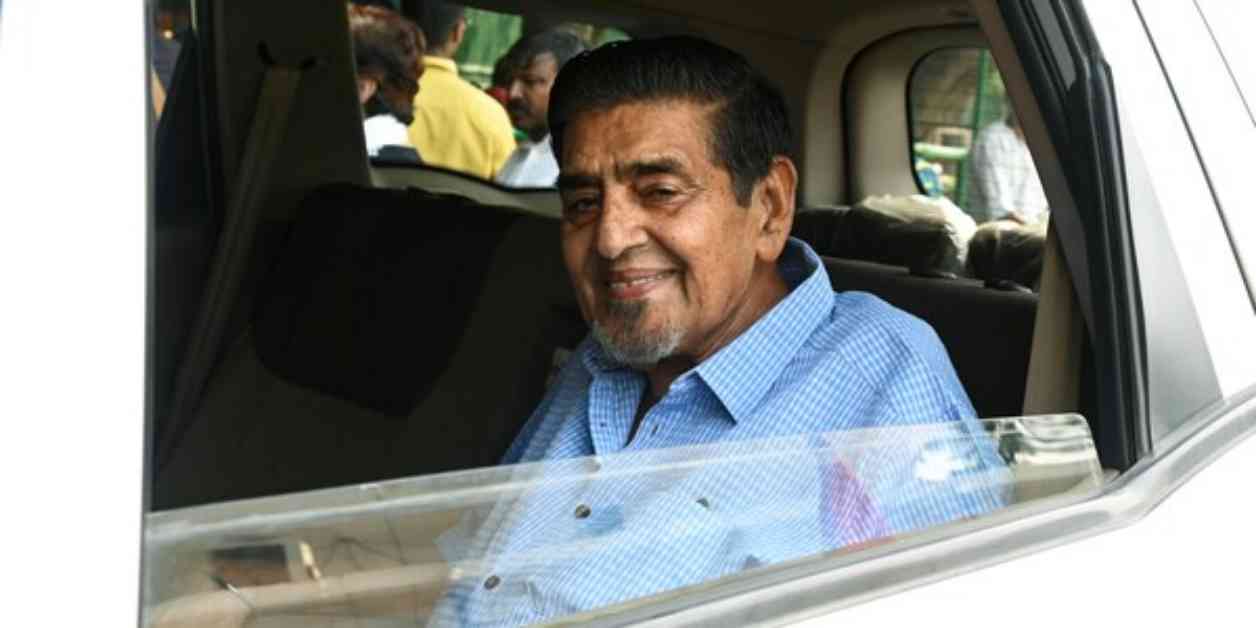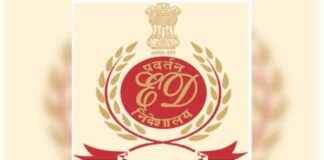Charges Framed Against Jagdish Tytler for Murder in 1984 Anti-Sikh Riots
Senior Congress leader Jagdish Tytler has been charged with murder and other offenses related to the 1984 anti-Sikh riots that shook the nation. Forty years after the tragic events, a Delhi court has directed Tytler to face trial for his alleged involvement in the killing of three individuals in north Delhi’s Pul Bangash area.
The court proceedings took place on Friday, where Special Judge Rakesh Siyal ordered the framing of charges against Tytler, who pleaded not guilty to the offenses. Along with murder, the court has also pressed charges for unlawful assembly, rioting, promoting enmity between different groups, house trespass, and theft.
The decision to proceed with the trial came after the judge found sufficient grounds to move forward with the case, following a charge sheet filed by the Central Bureau of Investigation (CBI) on May 20, 2023. The CBI had alleged that Tytler played a significant role in inciting violence during the anti-Sikh riots, leading to the deaths of three Sikhs in the Pul Bangash area.
Details of the Allegations Against Jagdish Tytler
According to the CBI charge sheet, Tytler is accused of instigating and provoking a mob gathered at Pul Bangash Gurudwara Azad Market on November 1, 1984. The agency claims that Tytler’s actions resulted in the burning down of the gurudwara and the brutal killing of three Sikhs named Thakur Singh, Badal Singh, and Gurcharan Singh.
The charges invoked against Tytler include various sections of the Indian Penal Code, such as rioting, unlawful assembly, provocation, abetment to murder, and defiling of religious places. The CBI cited a witness who stated that Tytler arrived at the scene in a white Ambassador car and allegedly urged the mob to “kill the Sikhs, they have killed our mother.”
Tragically, three Sikhs lost their lives as a result of the violence incited by Tytler and others during the turbulent period following the assassination of Prime Minister Indira Gandhi by her Sikh bodyguards on October 31, 1984.
Justice Delayed but Not Denied
The framing of charges against Jagdish Tytler after four decades serves as a glimmer of hope for those seeking justice for the victims of the 1984 anti-Sikh riots. The long-awaited legal proceedings have finally begun, shedding light on the atrocities committed during that dark chapter in India’s history.
Despite the passage of time, the memories of the innocent lives lost in the violence of 1984 remain etched in the collective consciousness of the Sikh community and the nation as a whole. The quest for justice has been a long and arduous journey, marked by delays, obstacles, and setbacks.
The decision to move forward with the trial against Tytler is a significant step towards holding accountable those responsible for orchestrating the violence and ensuring that justice is served for the victims and their families. It is a testament to the resilience and perseverance of those who have tirelessly fought for truth and accountability in the face of adversity.
Reopening Wounds: The Legacy of the 1984 Anti-Sikh Riots
The wounds of the 1984 anti-Sikh riots run deep, leaving a lasting impact on the Sikh community and the nation as a whole. The brutal violence unleashed against innocent Sikhs in the aftermath of Prime Minister Indira Gandhi’s assassination left scars that have yet to heal fully.
The memories of the horrific events of 1984 continue to haunt the collective consciousness of the Sikh community, serving as a painful reminder of the atrocities committed against them. The senseless killings, destruction of property, and widespread fear and trauma inflicted during the riots have left a legacy of pain and suffering that lingers to this day.
For decades, the survivors and families of the victims have been seeking justice and closure, grappling with the trauma of the past and the quest for accountability. The reopening of cases related to the 1984 anti-Sikh riots brings back painful memories and rekindles the hope for justice that has eluded them for so long.
The legal proceedings against Jagdish Tytler and others accused of involvement in the violence of 1984 represent a critical step towards addressing the injustices of the past and holding accountable those responsible for the atrocities committed. It is a chance to seek truth, reconciliation, and closure for the victims and their families who have endured years of pain and suffering.
Impact on the Political Landscape
The framing of charges against senior Congress leader Jagdish Tytler in connection with the 1984 anti-Sikh riots has reignited debates and discussions about the role of political leaders in inciting communal violence and the need for accountability in such cases. The allegations against Tytler have raised questions about the complicity of political figures in orchestrating violence for their own gains.
The case has also sparked reflections on the legacy of the 1984 anti-Sikh riots and the impact it has had on the political landscape of the country. The events of 1984 continue to serve as a dark chapter in India’s history, highlighting the dangers of communal tensions and the need for justice and reconciliation in the aftermath of such tragedies.
As the trial against Tytler moves forward, it is essential to reflect on the lessons learned from the past and the importance of upholding the principles of justice, truth, and accountability in a democratic society. The legal proceedings serve as a reminder of the need to ensure that those responsible for inciting violence and perpetrating atrocities are held to account, regardless of their political affiliations or positions of power.
The case against Tytler is not just about one individual but about seeking justice for the victims of the 1984 anti-Sikh riots and sending a clear message that impunity will not be tolerated in cases of communal violence. It is a test of the legal system’s ability to deliver justice and closure to those who have suffered the most in the aftermath of the tragic events of 1984.
As the trial progresses, it is crucial for the legal system to uphold the principles of fairness, impartiality, and transparency, ensuring that justice is served for the victims and their families. The outcome of the case against Tytler will have far-reaching implications for the pursuit of truth and accountability in cases of communal violence, setting a precedent for future cases and reaffirming the commitment to justice and reconciliation in a diverse and pluralistic society.
In conclusion, the framing of charges against Jagdish Tytler for his alleged involvement in the 1984 anti-Sikh riots is a significant development in the quest for justice and accountability for the victims of one of the darkest chapters in India’s history. The legal proceedings against Tytler represent a chance to seek truth, reconciliation, and closure for the survivors and families of the victims who have endured years of pain and suffering. It is a test of the legal system’s ability to deliver justice and uphold the principles of fairness, impartiality, and transparency in cases of communal violence. As the trial progresses, it is essential for the legal system to ensure that justice is served for the victims and their families, sending a clear message that impunity will not be tolerated in cases of atrocities committed against vulnerable communities.




















